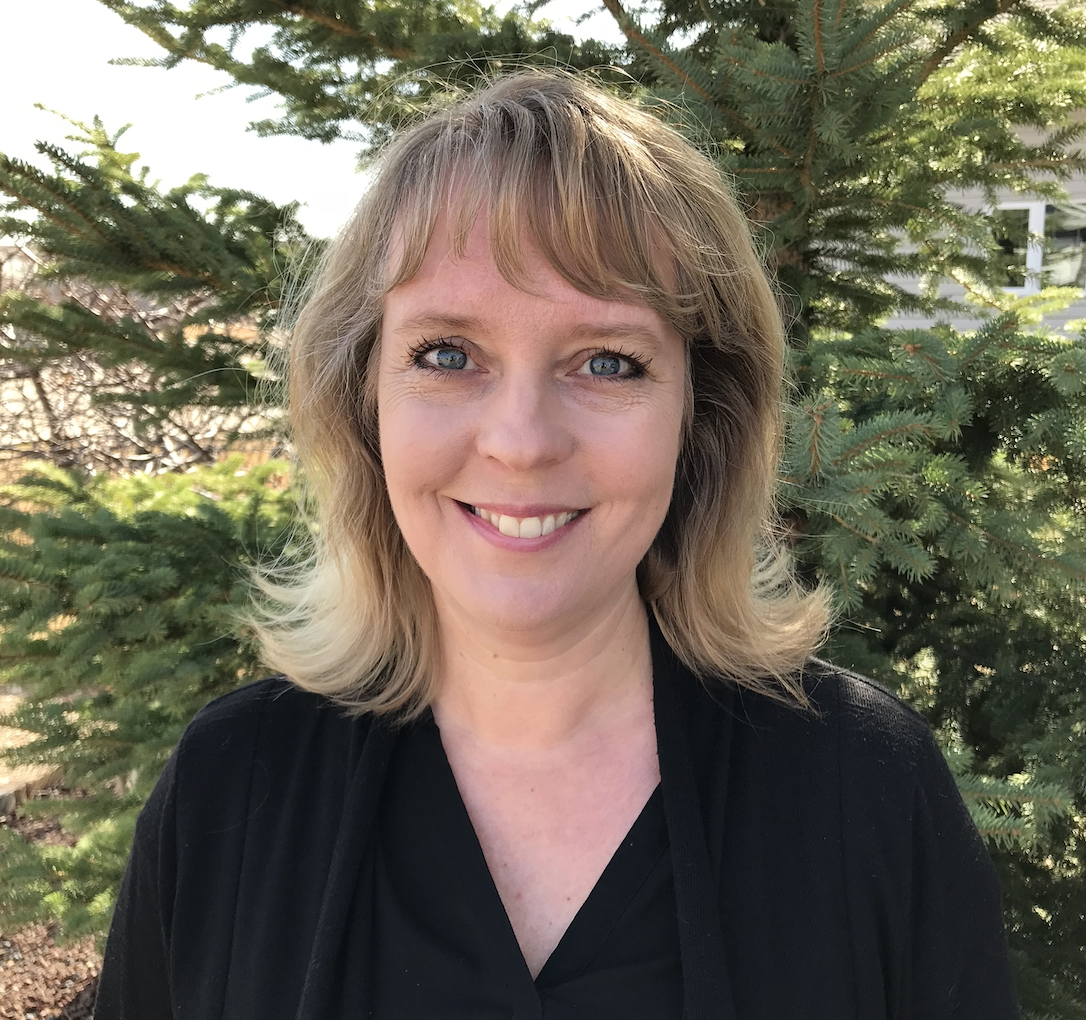From Rehab Med instructor to PhD student (and back again)
17 November 2020

What is the degree you're receiving this fall? What are your former degrees (and where are they from)?
I will be receiving my PhD in Rehabilitation Science. I first completed my BSc in chemistry and math from Brandon University. I thoroughly enjoyed the classes, but I realized I preferred working directly with people. I then completed a bachelor of medical rehabilitation in physical therapy at the University of Manitoba and began my career in rehabilitation. I enjoyed the challenges and diversity of a rural, multidisciplinary clinical practice. I also realized there was much more I wanted to learn, so I went back to the University of Manitoba to complete a research-based MSc in rehabilitation. Then, after almost 18 years of clinical practice and the addition of teaching, I was excited to start my PhD.
Why did you choose the University of Alberta’s Faculty of Rehabilitation Medicine?
When I started my PhD, I was an instructor in the Department of Physical Therapy and the coordinator for the Augustana MScPT satellite program. Although we were successfully delivering the physiotherapy and occupational therapy programs through our video conference systems at that time, I was the first student to attend the doctoral classes via a combination of in-person and video conference formats. The faculty was very supportive and I was able to complete my PhD program based out of the satellite campus. As I live in a rural area, I would not have been able to start my PhD without this option.
What is the most remarkable thing you learned while you were a student?
This program helped me become even more aware of the diversity of rehabilitation and the wide-ranging effects rehab can have on so many people.
What is one of your fondest memories during your time in the program?
Without a doubt, the best part of the program, and the faculty in general, was the people involved. I have worked in many different places and I am continuously impressed by the level of commitment from everyone in this faculty. Everyone is very willing to adapt and innovate, to try new things and to constantly improve — and this is all done in a supportive and collaborative environment. We also manage to have a lot of fun together!
Did you face any significant challenges, and if so, how did you deal with them?
It was challenging completing this program while juggling my PhD commitments, my job and my family. I always said I couldn’t complain though because “too many good things” was not really a problem.
How did you manage the challenges of navigating student life under COVID-19 restrictions and remote learning?
Although COVID-19 is presenting many challenges in all aspects of life, I was very fortunate that my student life was less affected than many other students. Due to the distributed learning models used, our faculty was uniquely positioned to move to online and virtual formats very quickly and effectively. While I, of course, missed having in-person interactions, I was very comfortable interacting virtually and my studies did not suffer. As I live in a rural area, I think the expanded online interactions may actually improve access to clinical care, education and employment opportunities for myself and many others.
We also made sure to schedule some virtual social time. These “meetings” were an unexpected bonus of COVID as we were all able to connect even with busy schedules and different geographical locations.
What are you doing now? What is next for you? What are your long-term goals and aspirations?
I am looking forward to continuing to teach in the Faculty of Rehabilitation Medicine as well as other clinical, research and education opportunities. I have always said that one advantage of physiotherapy, and rehab in general, is the wide scope of practice and opportunities in these fields.
What piece of advice do you wish someone had given you when you started your graduate degree in Rehabilitation Medicine?
I have asked many people for their advice throughout my career. I think a common theme, and one that I certainly agree with, is that there are so many opportunities in rehab. Start heading in a direction in which you are interested and take advantage of every opportunity that presents itself. The world changes so quickly that you really never know where you are headed and how you may use the skills you obtain along the way. I think it is important to continue to learn and enjoy the profession. We are so privileged to meet and interact with so many amazing people including students, patients and colleagues.